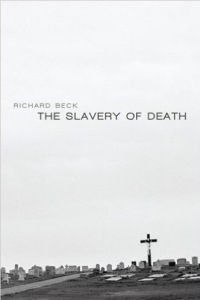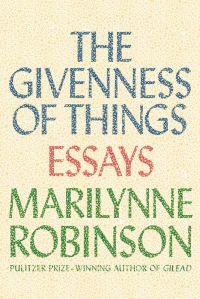The other day I purchased a collection of poems at Half-Price Books by a poet I had heard about but was unfamiliar with: Li-Young Lee. When I opened the front cover of Rose, I noticed the following inscription written below the title:
Happy birthday, Peter
Always
Marissa
1999
Obviously, I ignored this basic, non-descript note from one random person to another. Unless there was a picture of Marissa paper-clipped to the top of the page, and she had long, dark hair with deep, blue eyes, why would I give what little intellectual energy I currently have to Marissa and Peter? So, I flipped to the first poem and began reading.
…Before it all gets wiped away, let me say,
there is wisdom in the slender hour
which arrives between the two shadows.
It is not heavenly and it is not sweet.
It is accompanied by steady human weeping,
and twin furrows between the brows,
but it is what I know,
and so am able to tell.
I paused and looked up. When my eyes cast forward, nothing in particular caught my gaze, nor did I intend to see something. I was, though, hoping to see something else…
Wisdom in the sorrow (weeping). Wisdom in the anger (furrowed brows). Wisdom that is sour. It is all the wisdom we have. It is all the wisdom we know. It is all the wisdom we can share.
As I tried to digest Lee’s words, my left thumb, which was pressed against the edge of the page, slipped. The first few pages flipped, and my thumb caught the more sturdy, laminated cover of Rose. My eyes fell to the cursive, black letters woven together by Marissa’s hand:
Happy birthday, Peter
Always
Marissa
1999
Realizing that many of his poems deal with love, death, and sorrow, I was struck by the language and format of Marissa’s note. I couldn’t help but ask myself a few questions:
Why is there no external punctuation after the birthday wish? In particular, why is there no exclamation mark?
Why is the closing marked with a muted “Always”? Is it a desire or a reality?
What does the intentional layering and increased indentation of each line indicate for Marissa? What does it say about her relationship with Peter?
Does the sterile language of the note reflect Lee’s content which therefore reflects the relationship?
As I reflected on these questions, I began to imagine Marissa, late one fall night (or was it morning?), just as the northern breeze started to shake the remaining leaves, sitting on the edge of her rustled bed, palms pressed against her check bones, smearing and staining her porcelain skin with the tears from another. Hunched over her knees, she noticed the tiny red corner of Rose through the distorted lens of the puddle pooling and then splashing down into the crevasses between her fingers.
Hands red and trembling, she reached down and picked up the book. On her nightstand was a pen she used to jot down his sweet words or remembrances of those nights above the city lights. His birthday. On a day like this. Couldn’t he have waited until after his birthday?
With an unsteady hand and a fervent heart, she ordered her thoughts with precision and structure. It was the only way she knew. It was the only way he knew. Each sniffle diverted the hand a bit, but he wouldn’t notice. The pattern of the inscription mirrored the one she wrote for him in 1998 – oh, what different times those were – minus a line or two and a few intentional punctuation marks.
She closed the book and set it on her lap. A deep breath. After scrubbing the stains away with the hem of her short sleeve t-shirt, she grabbed the book, placed it under her arm, and drifted to her car.
Weeping and with furrowed brows, Marissa backed the car out of the driveway and out into the darkness — underneath the street lights which cast shadows behind its wisdom…






